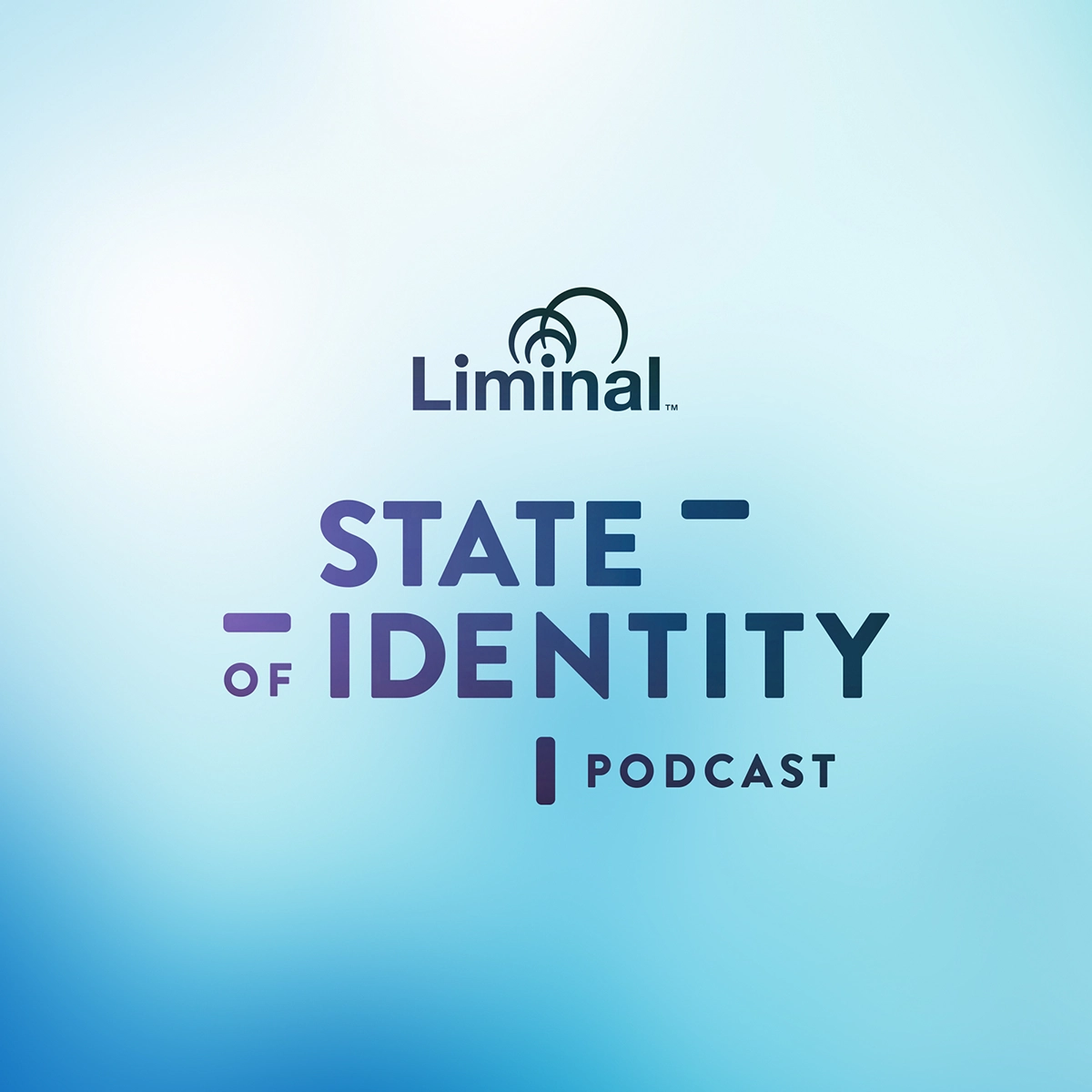While consumer data breaches have continued to occur at a record pace, options for proactive identity data protection have remained limited until now. Join host Cameron D’Ambrosi and Hush Co-Founder & CEO Mykolas Rambus to discuss why previous solutions have remained inadequate and why artificial intelligence is the key to protecting consumers.
PODCASTS

03/09/23
Quieting the Threat of Consumer Data Breaches
Hosted by
Cameron D'Ambrosi
Senior Principal at Liminal
Guest
Mykolas Rambus
Co-founder & CEO
Links
